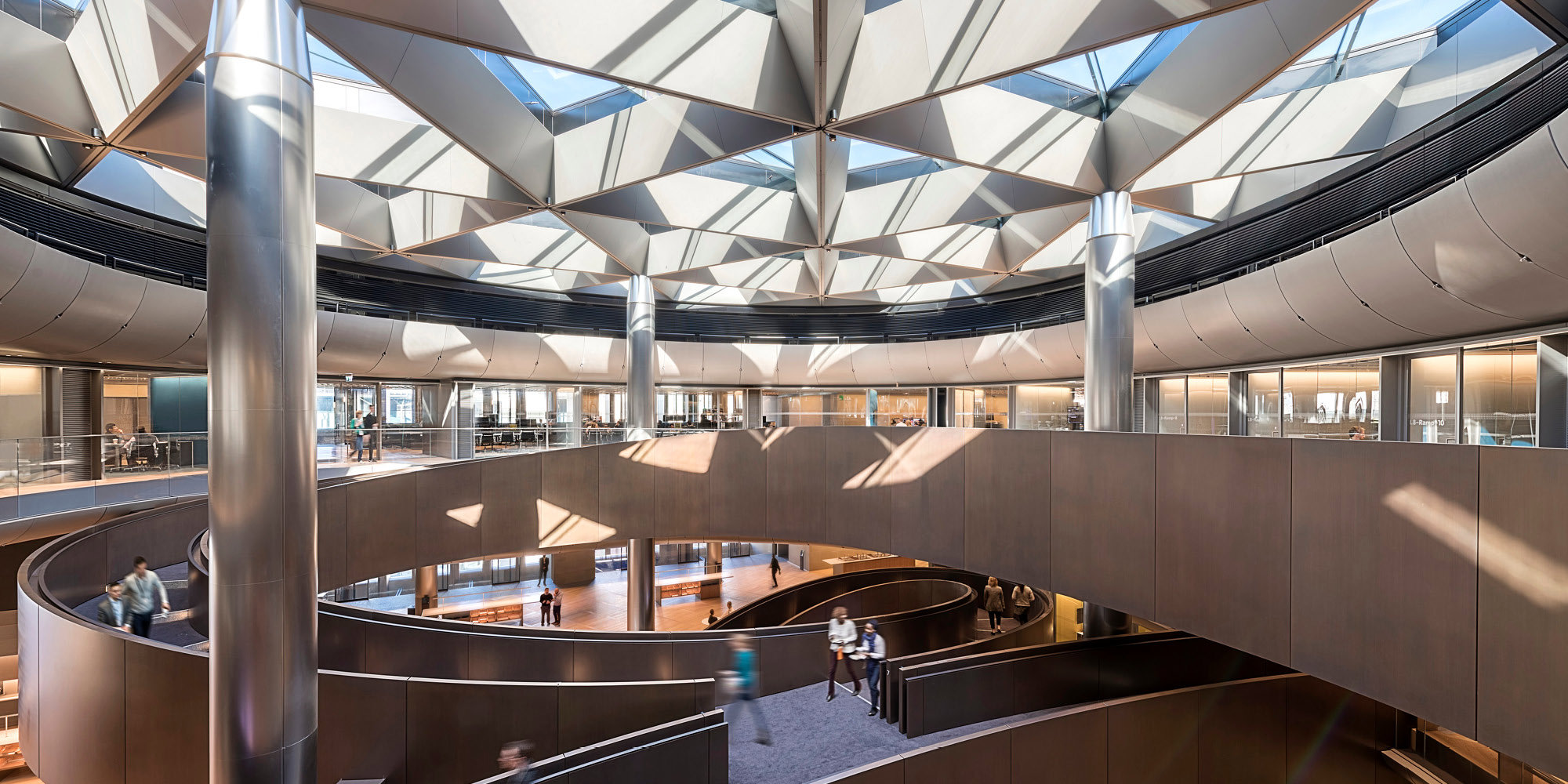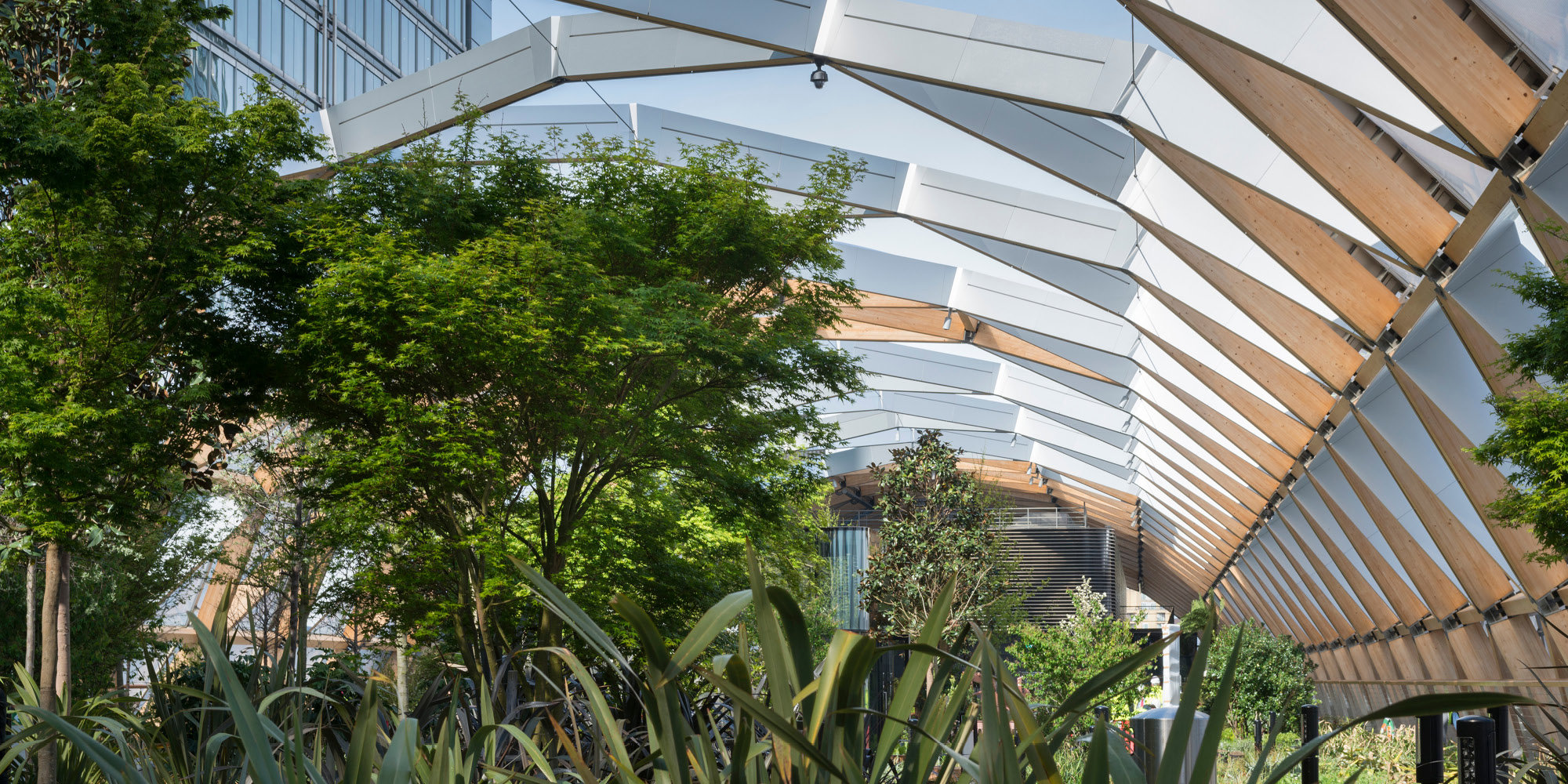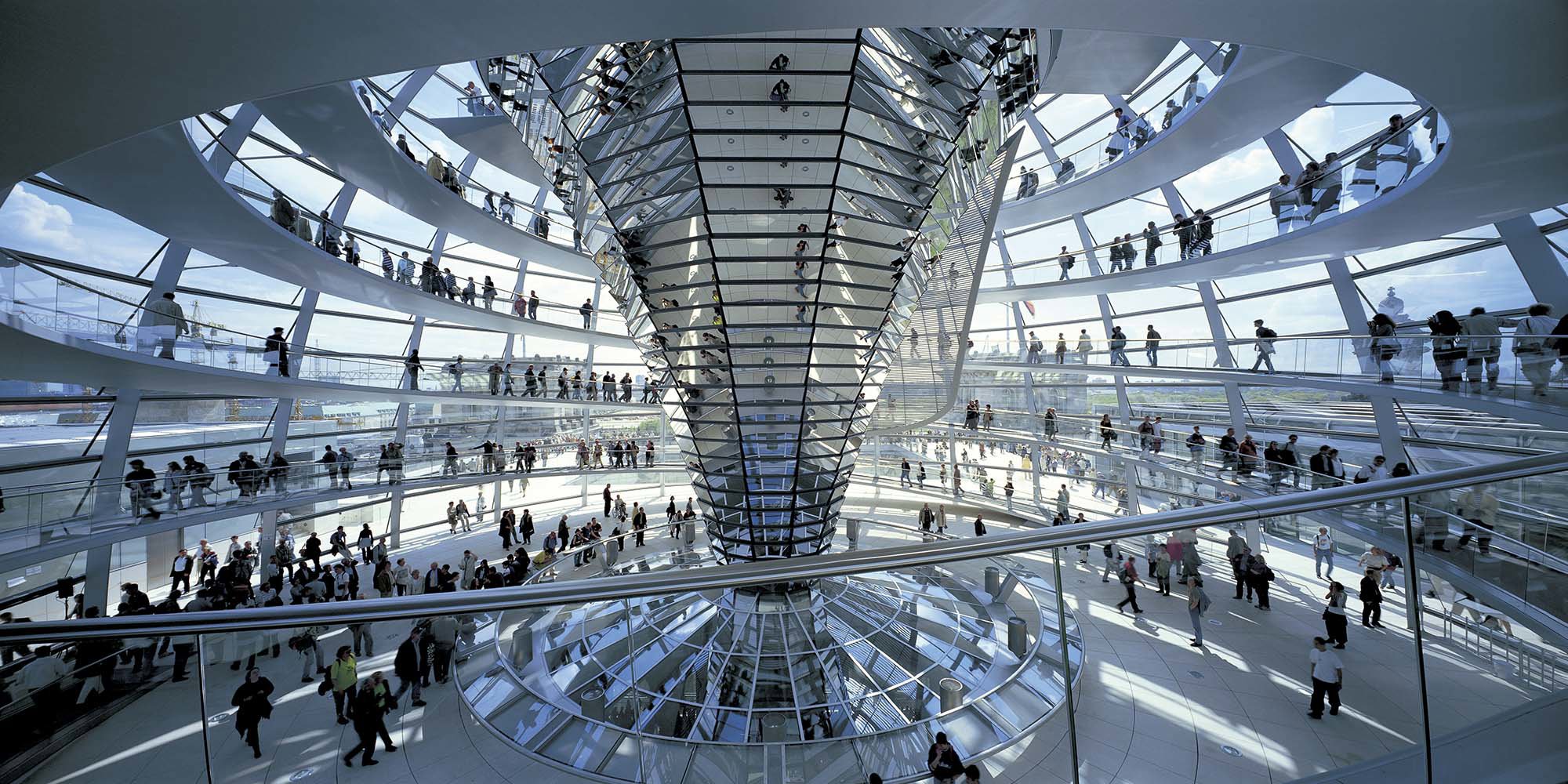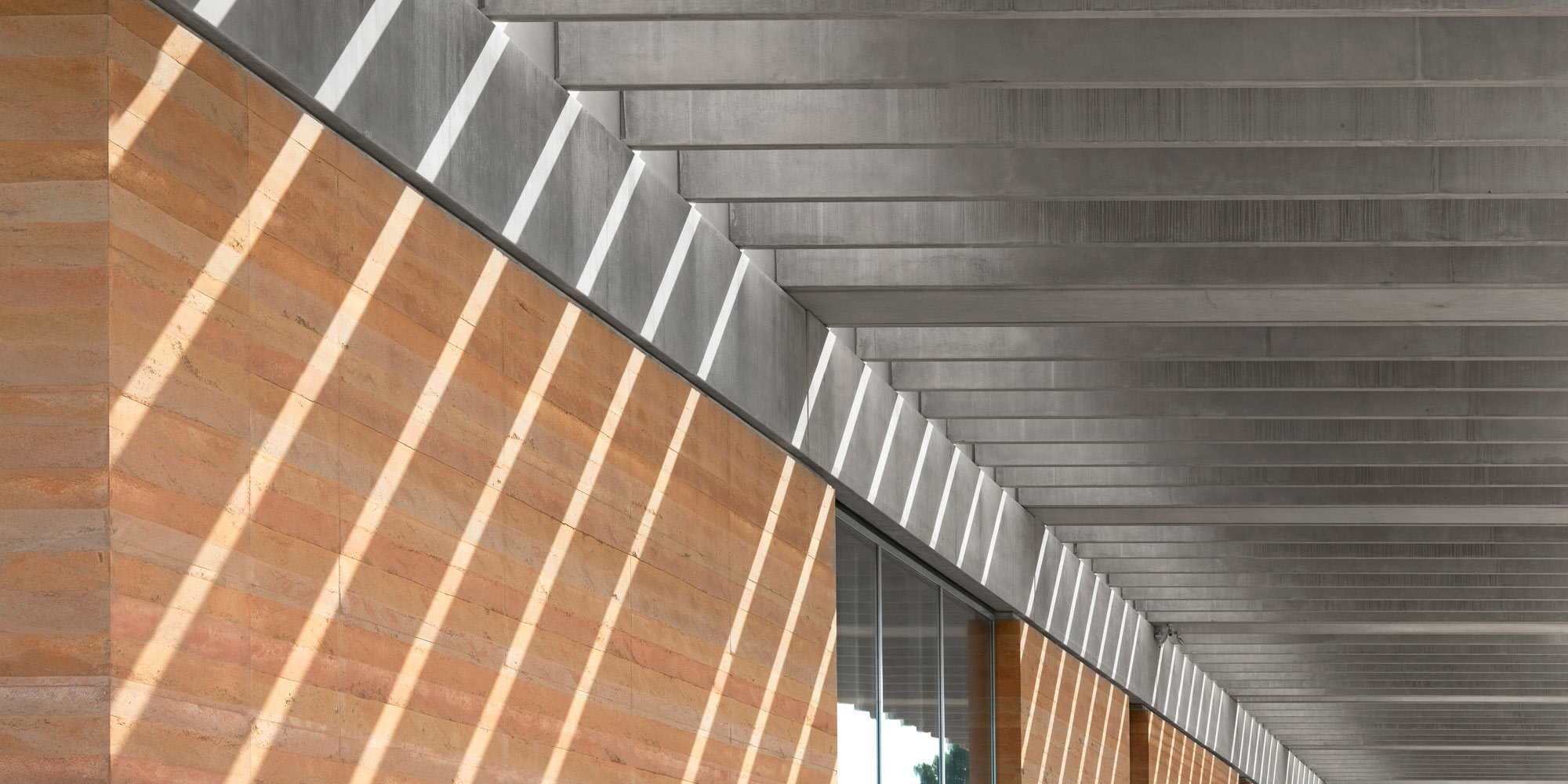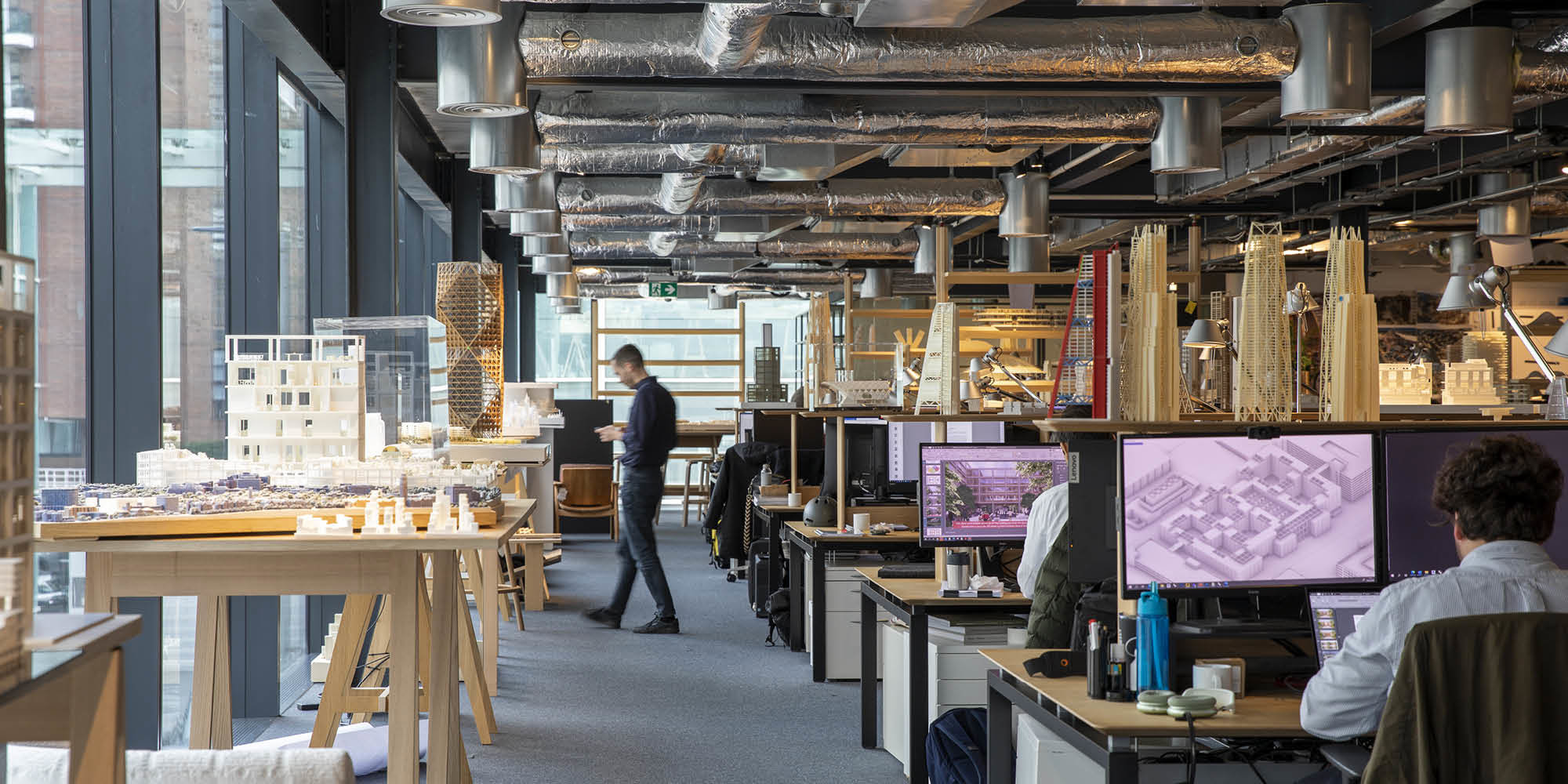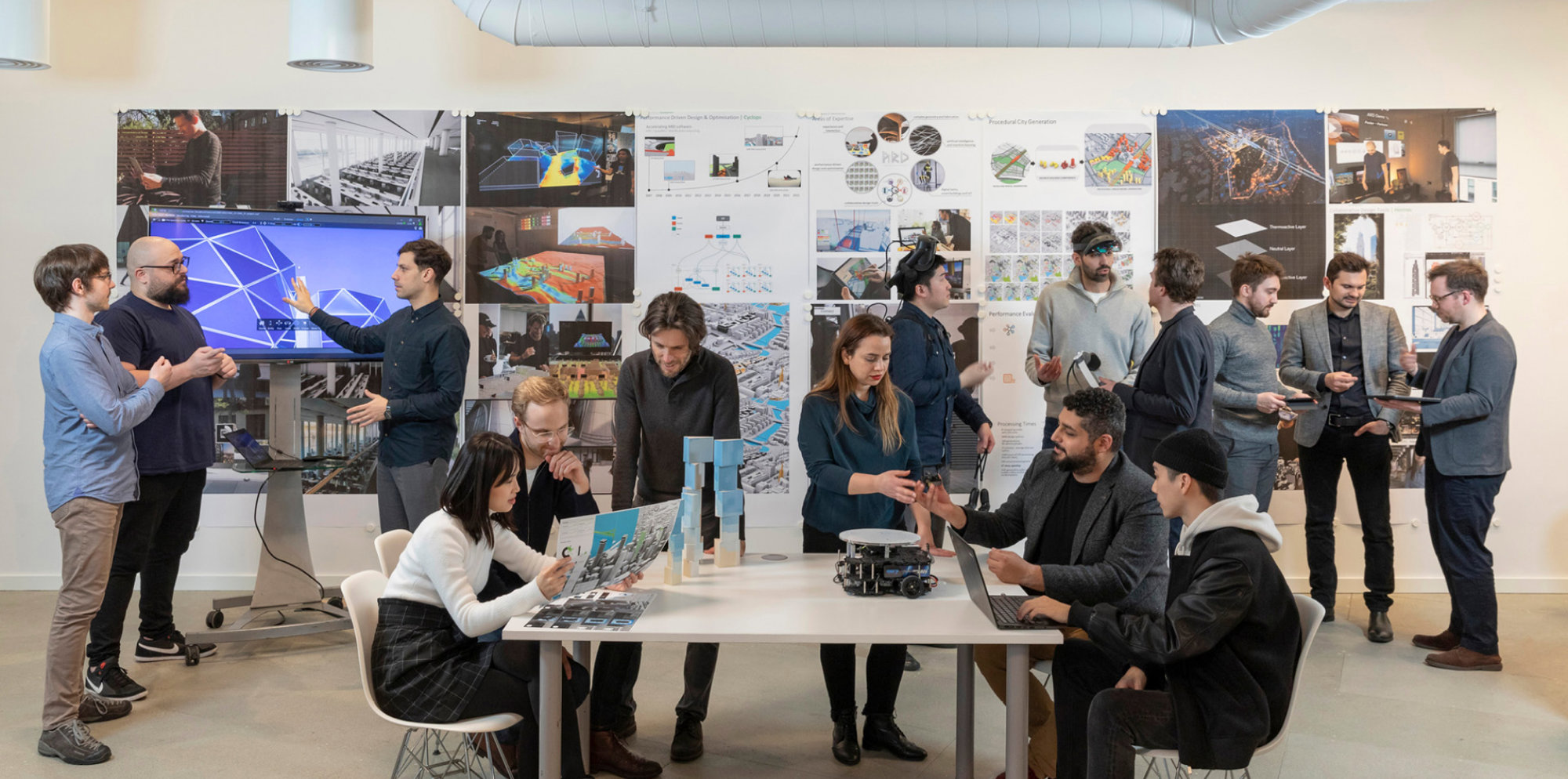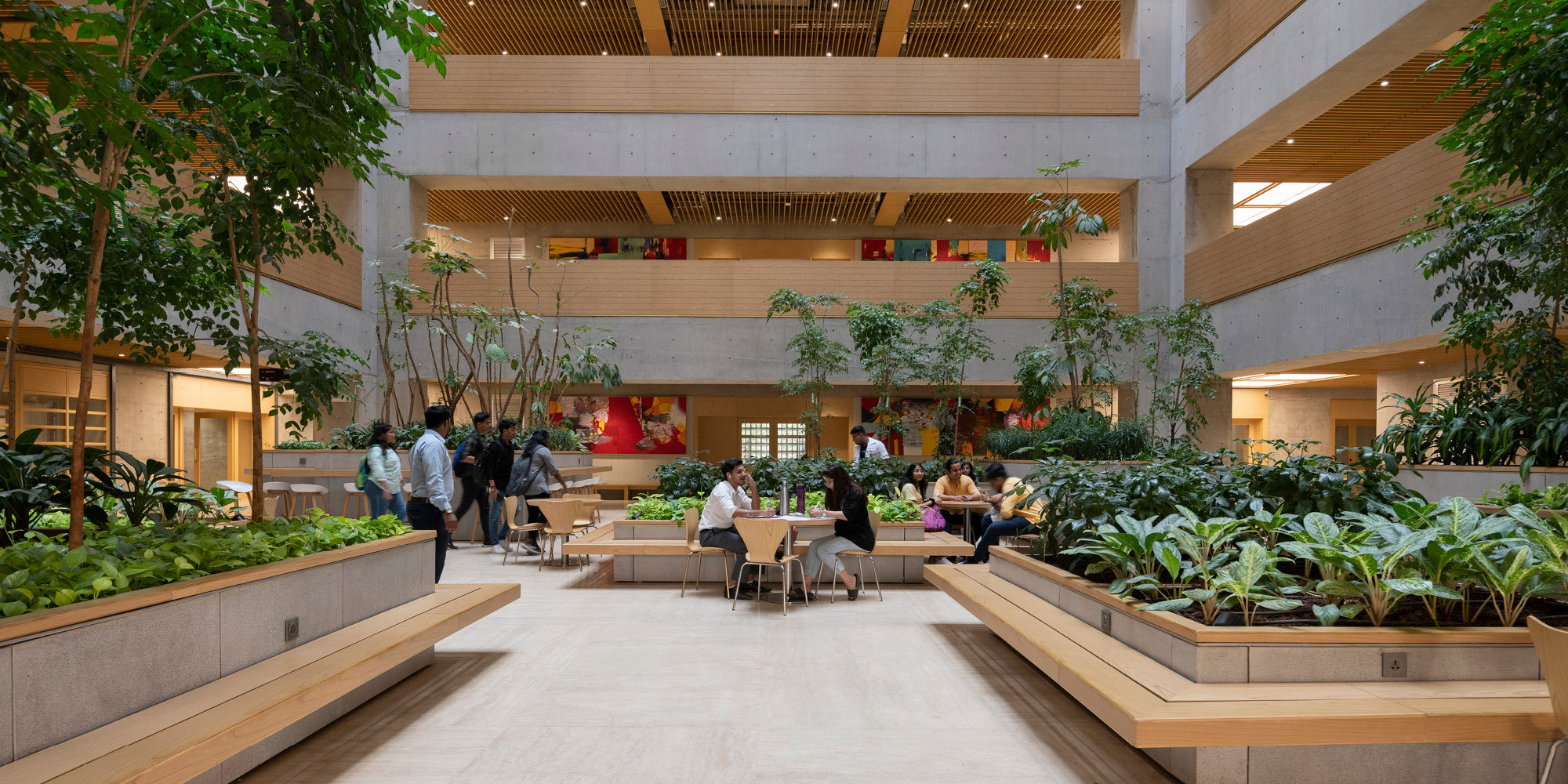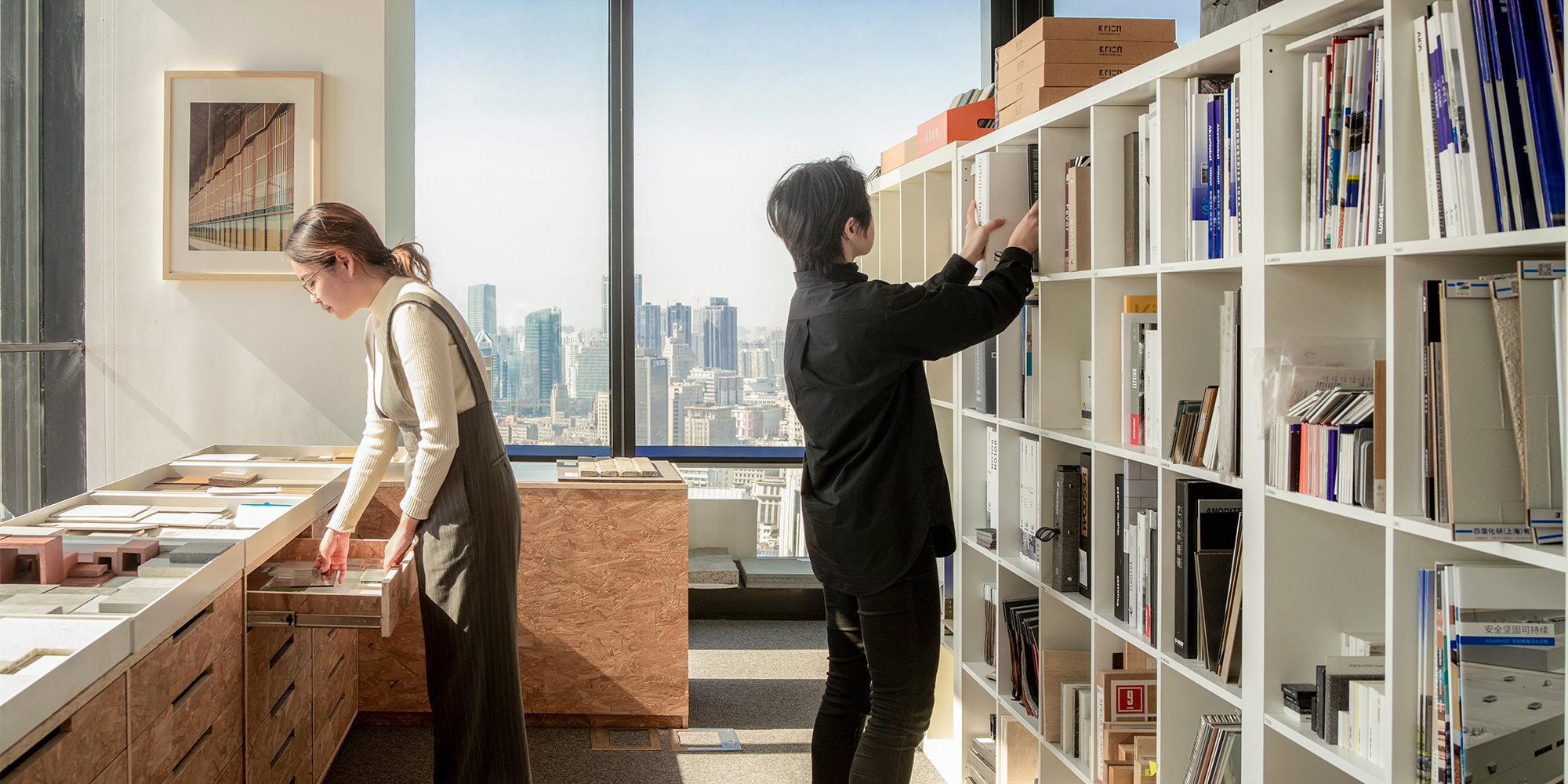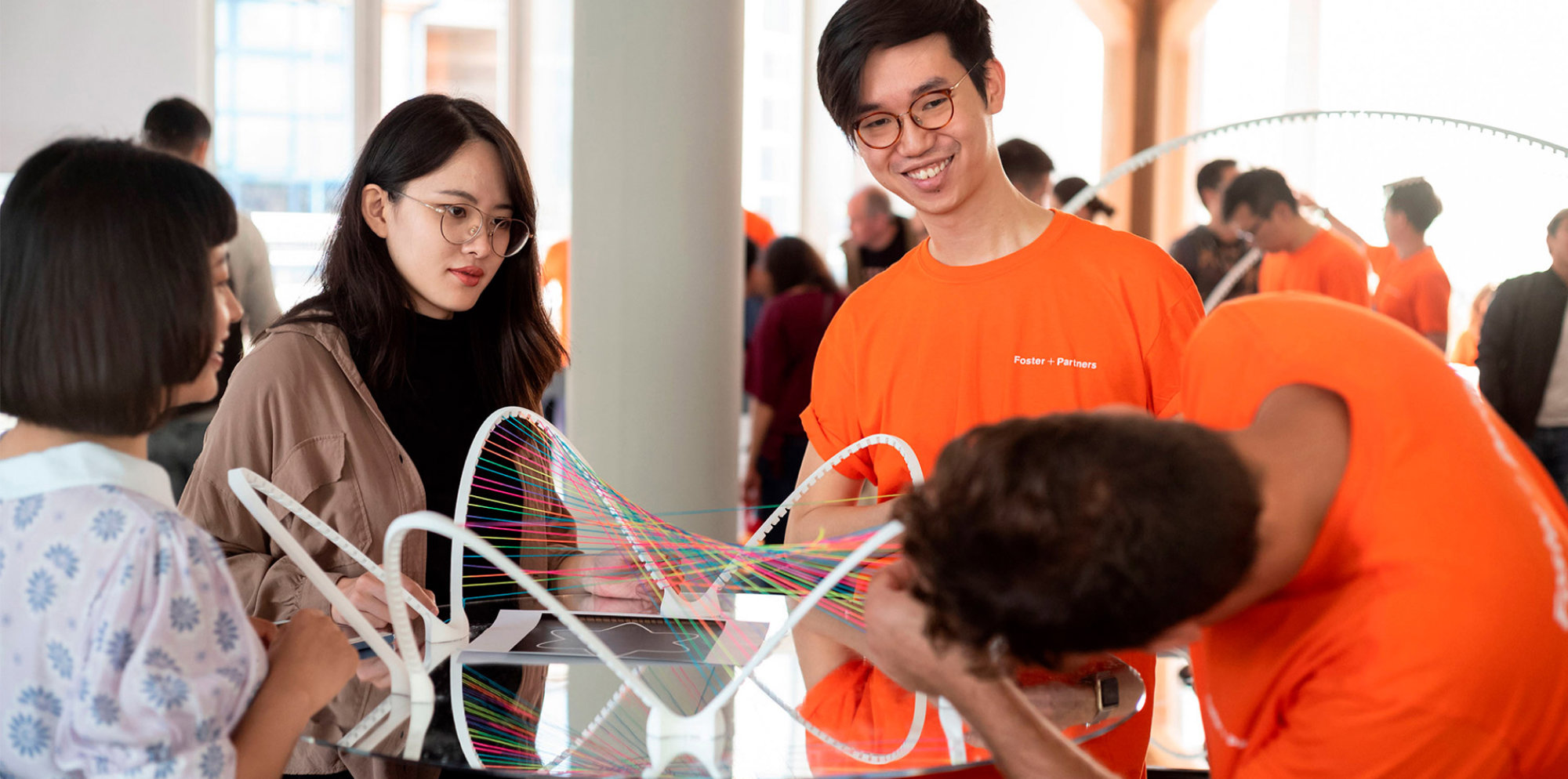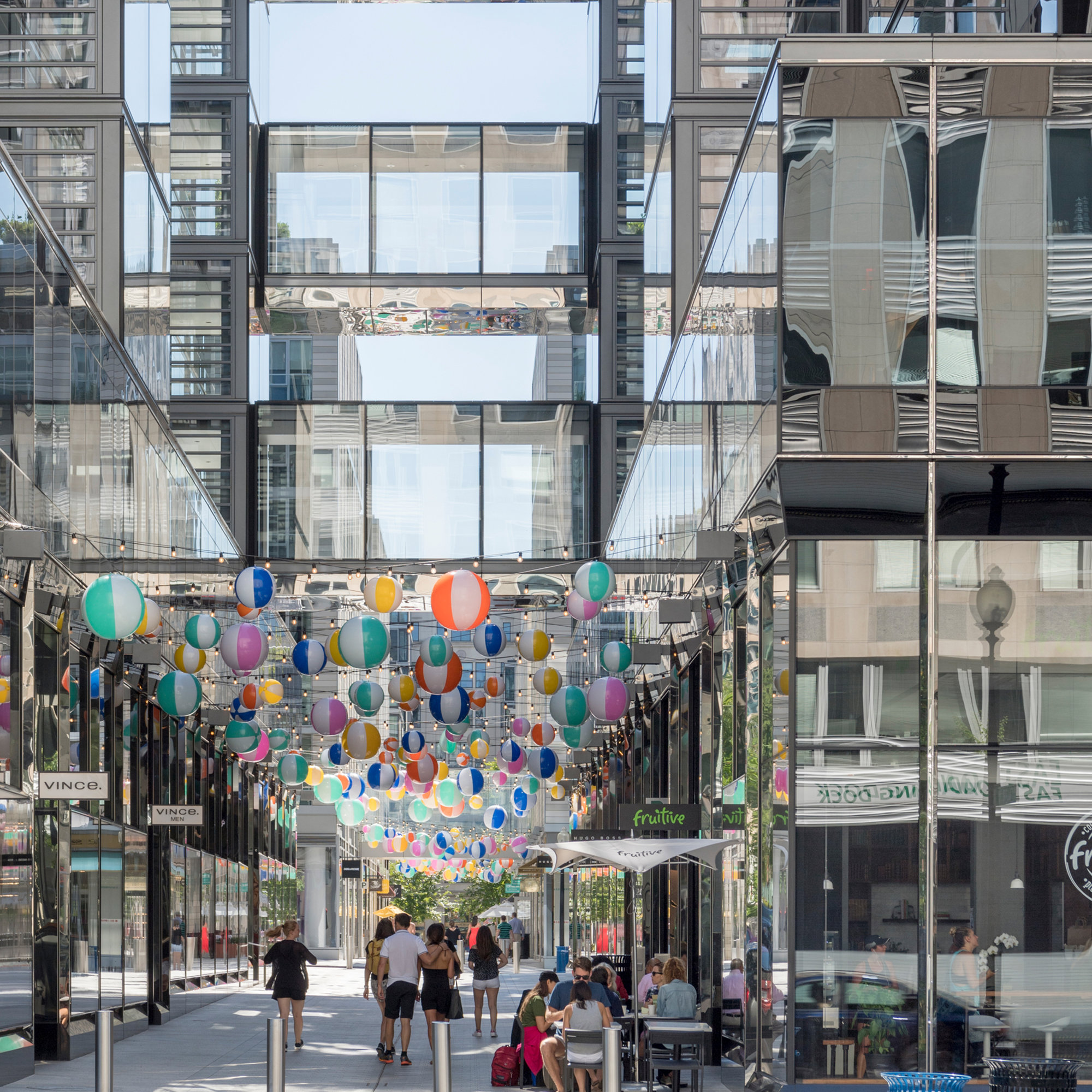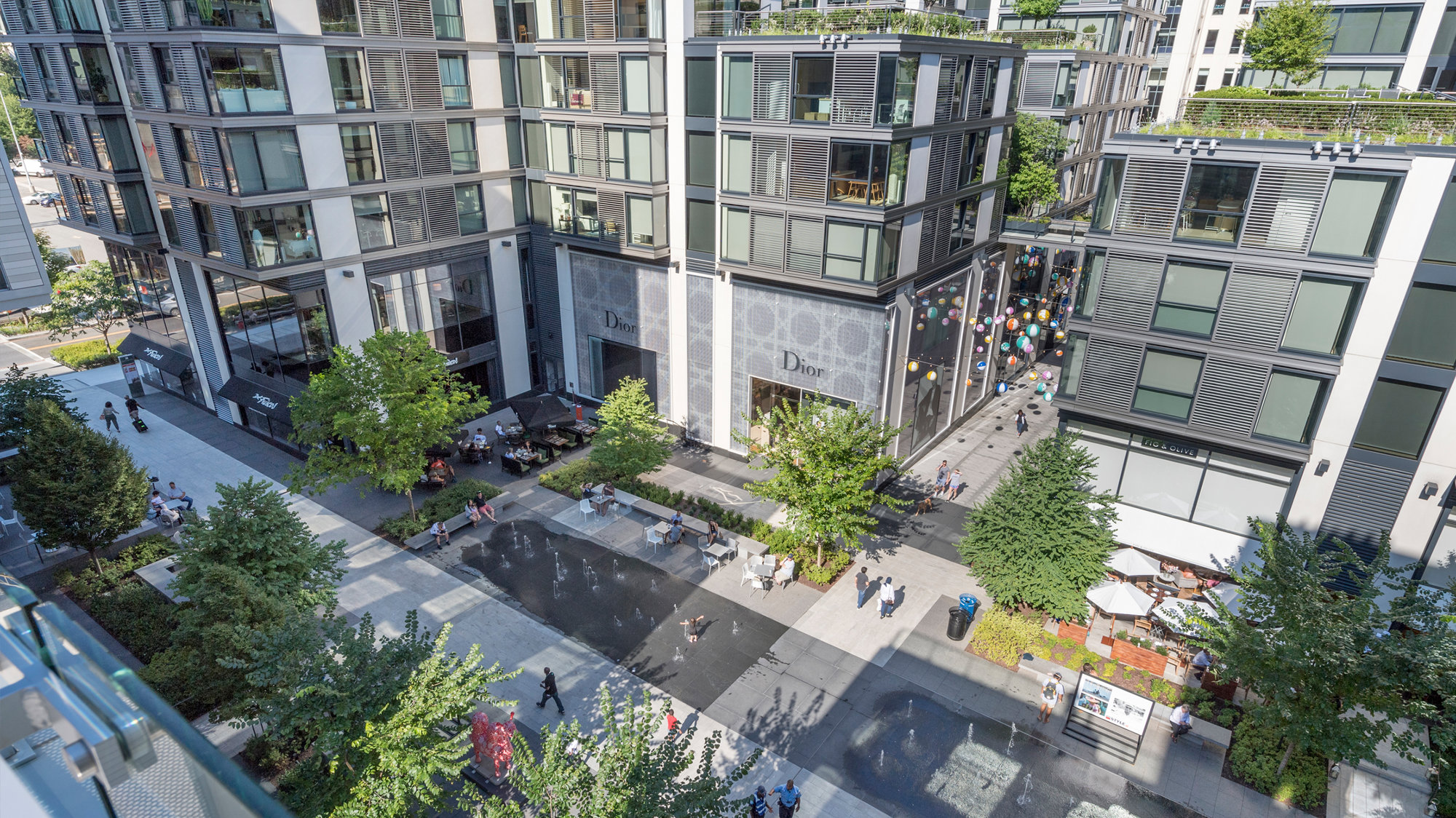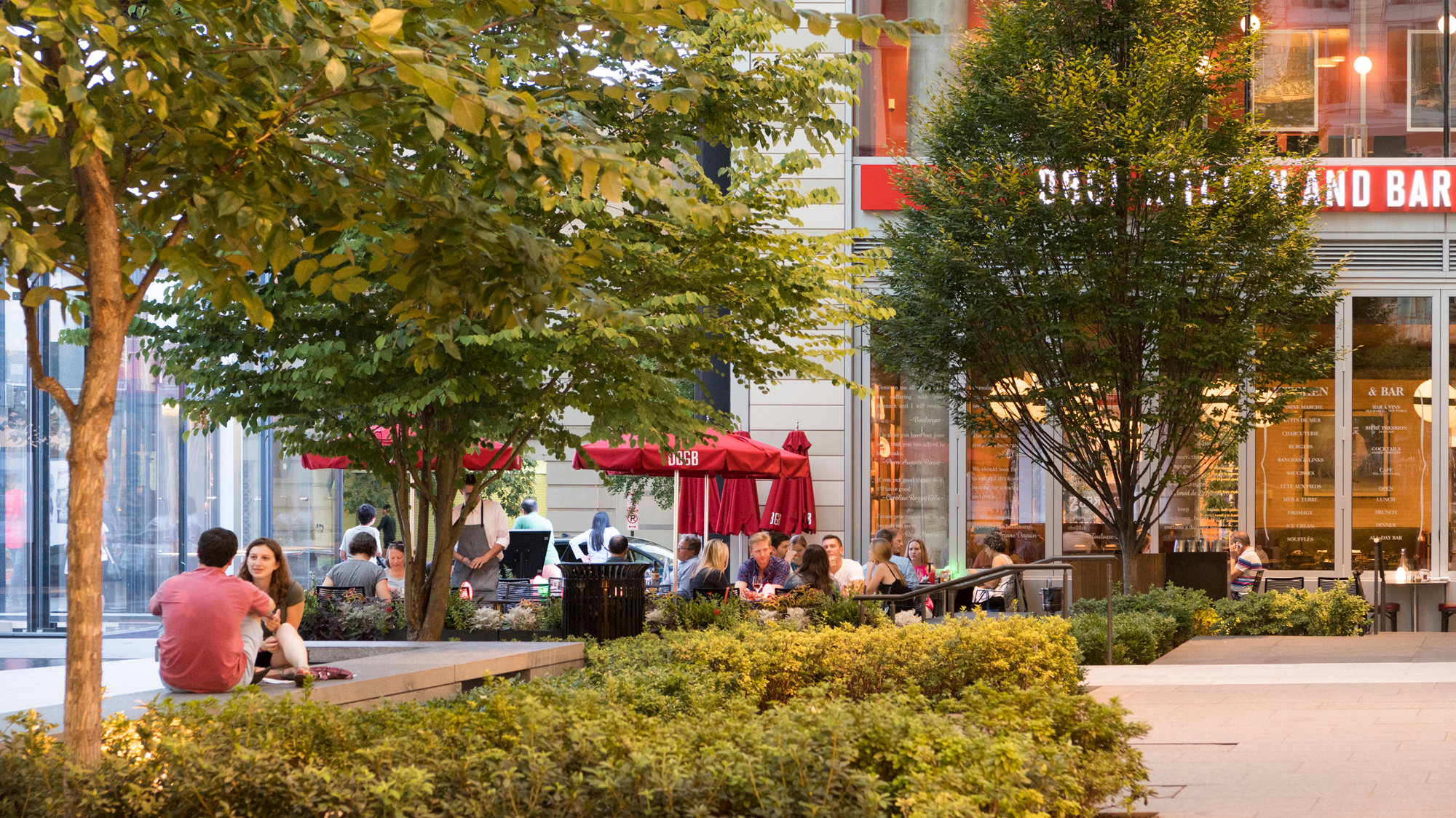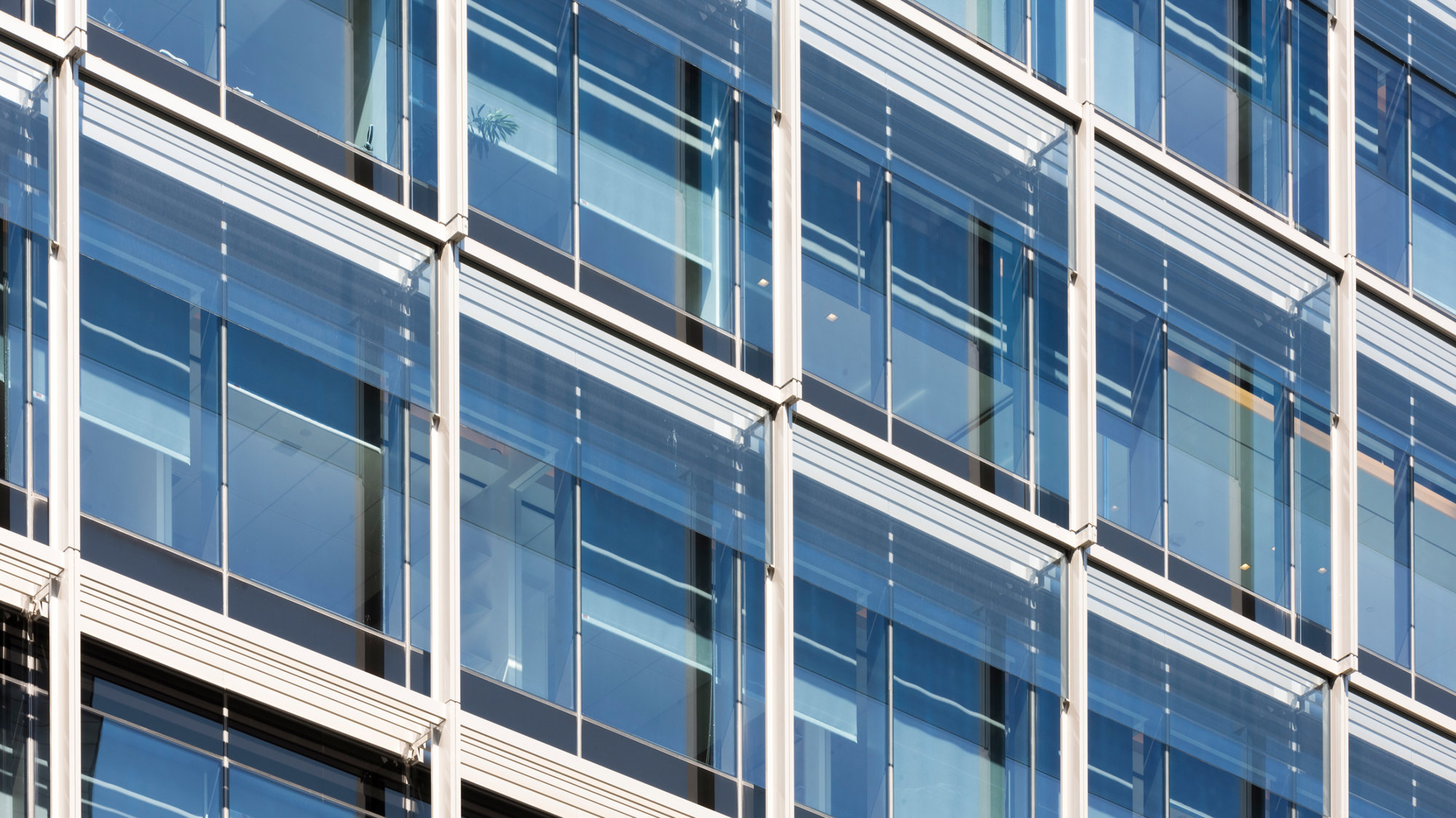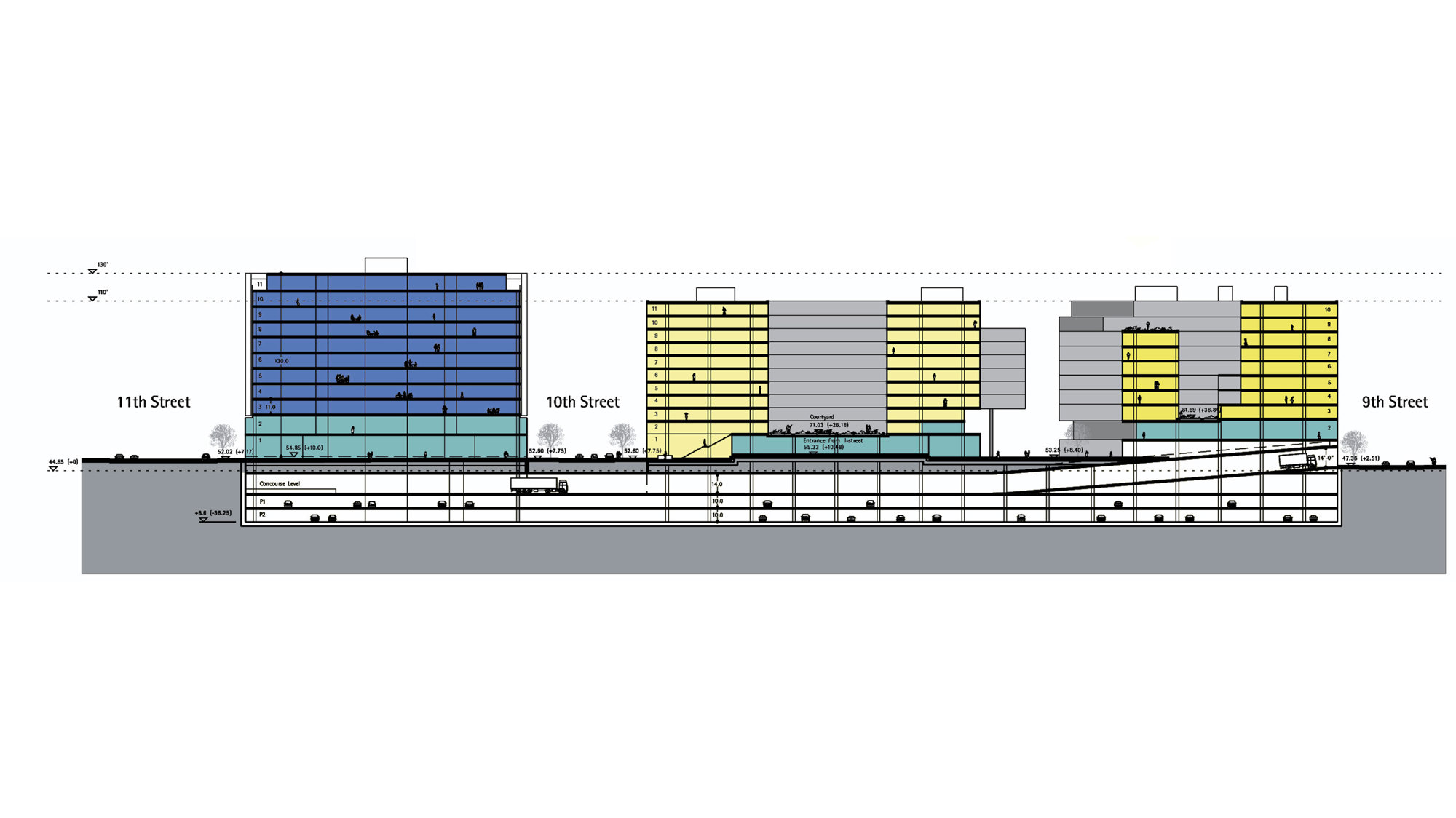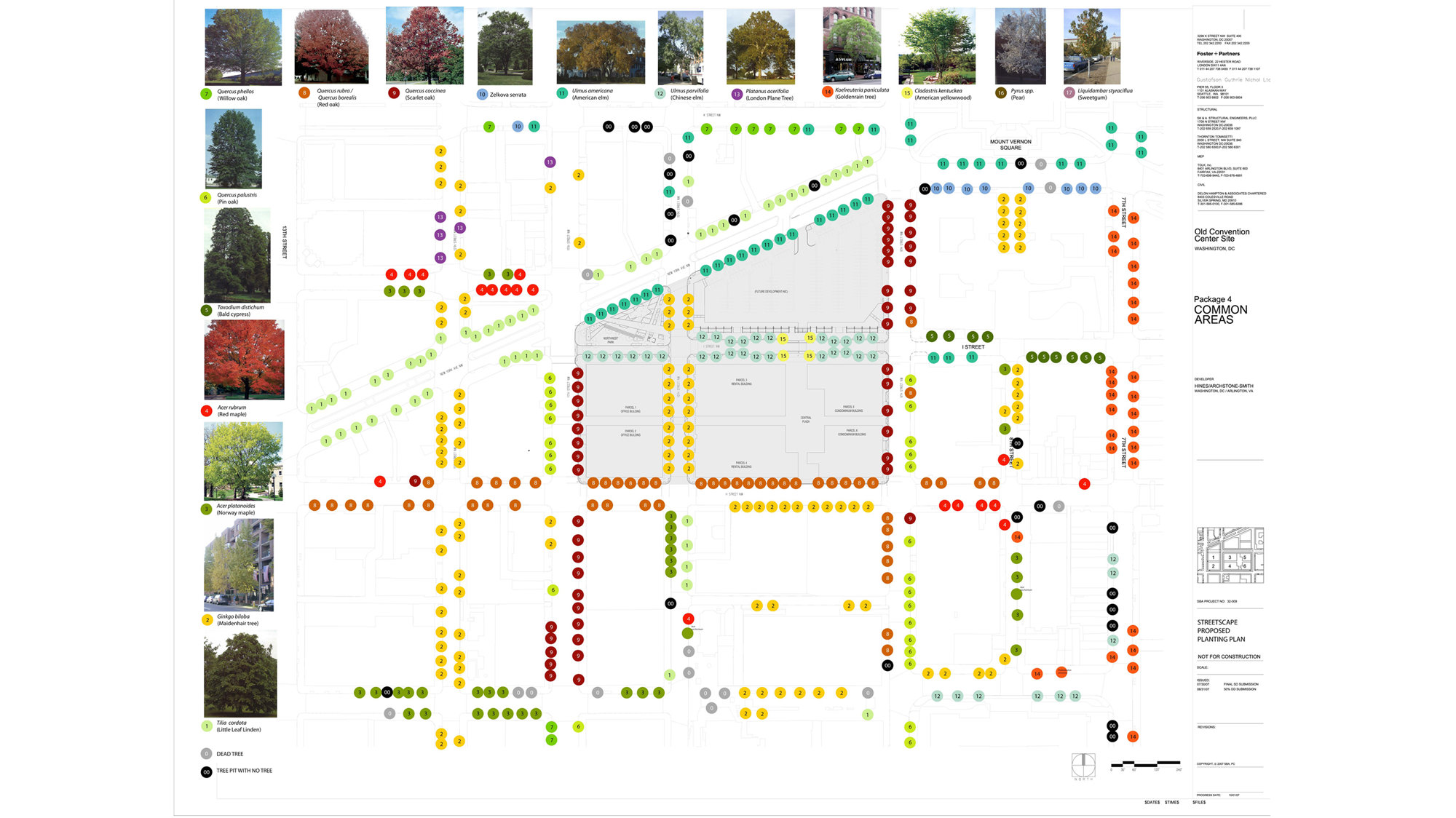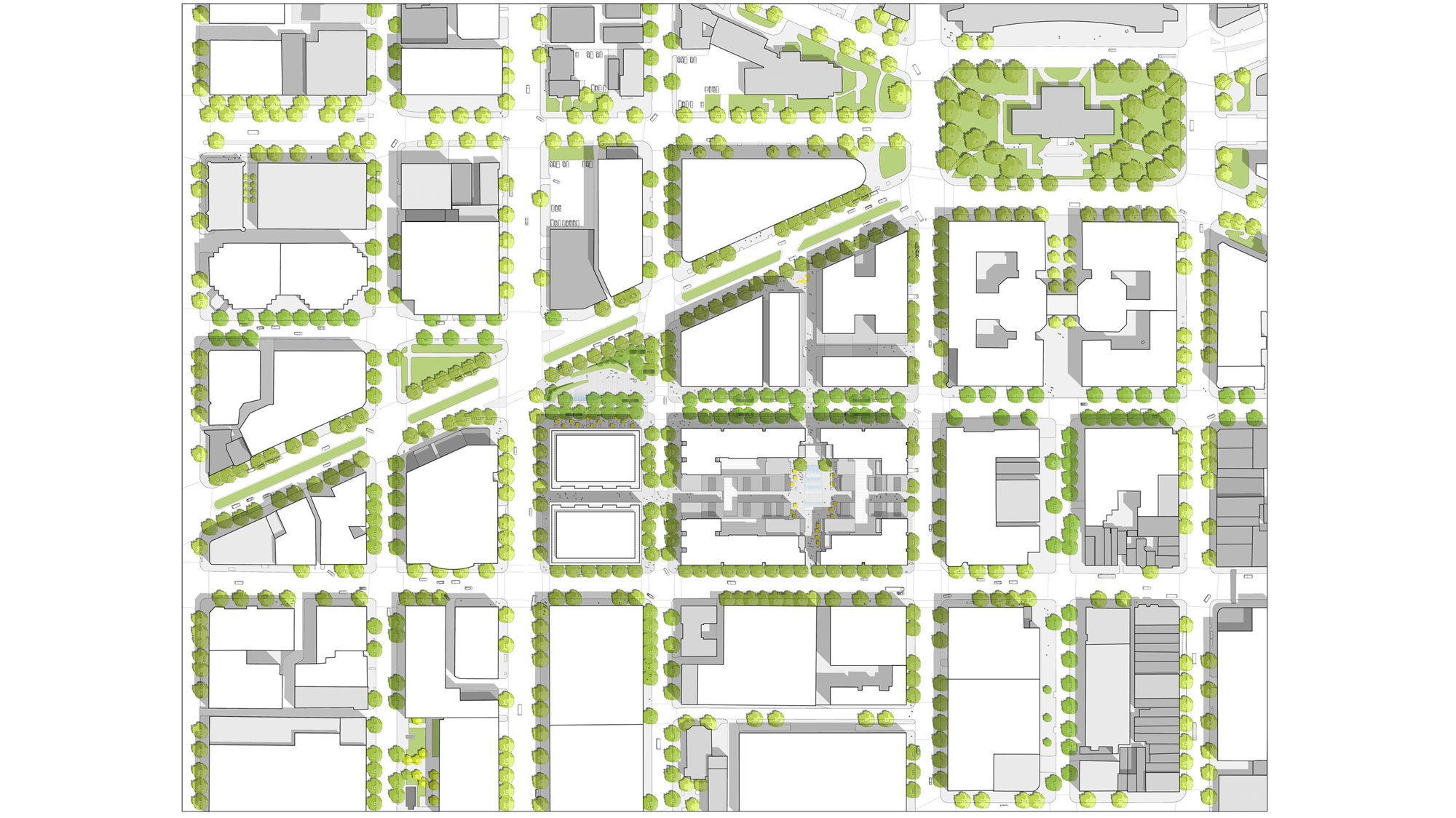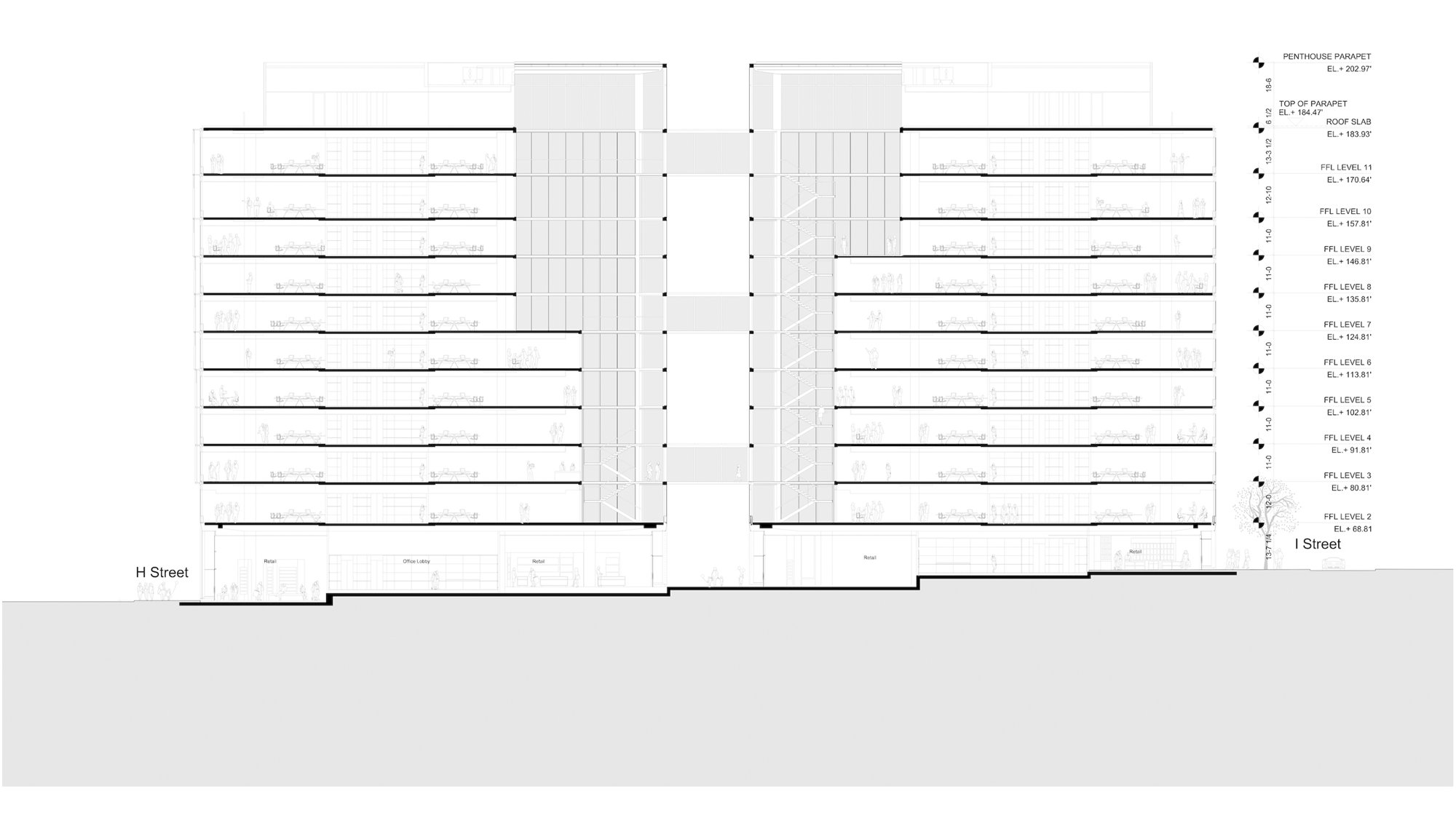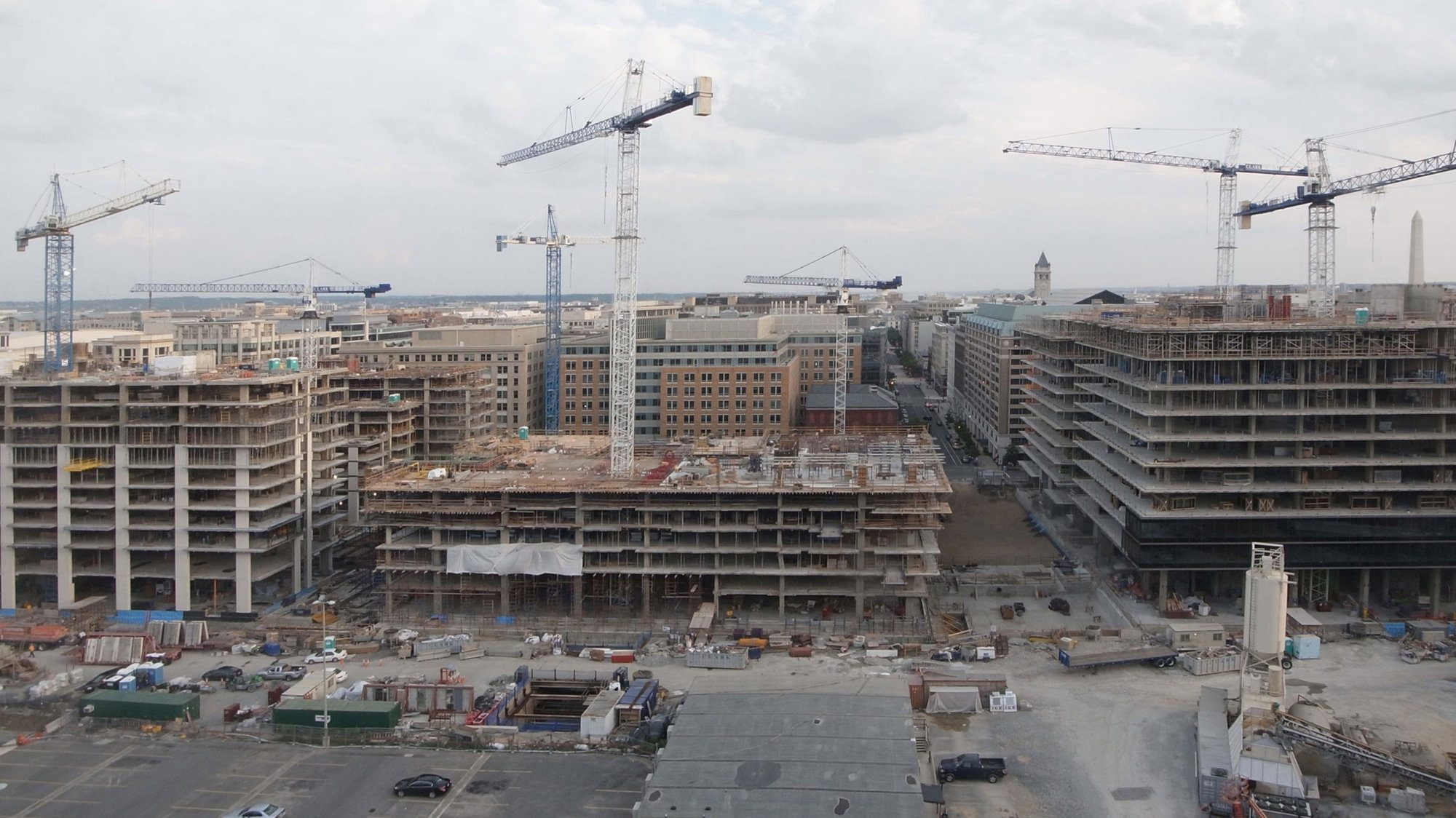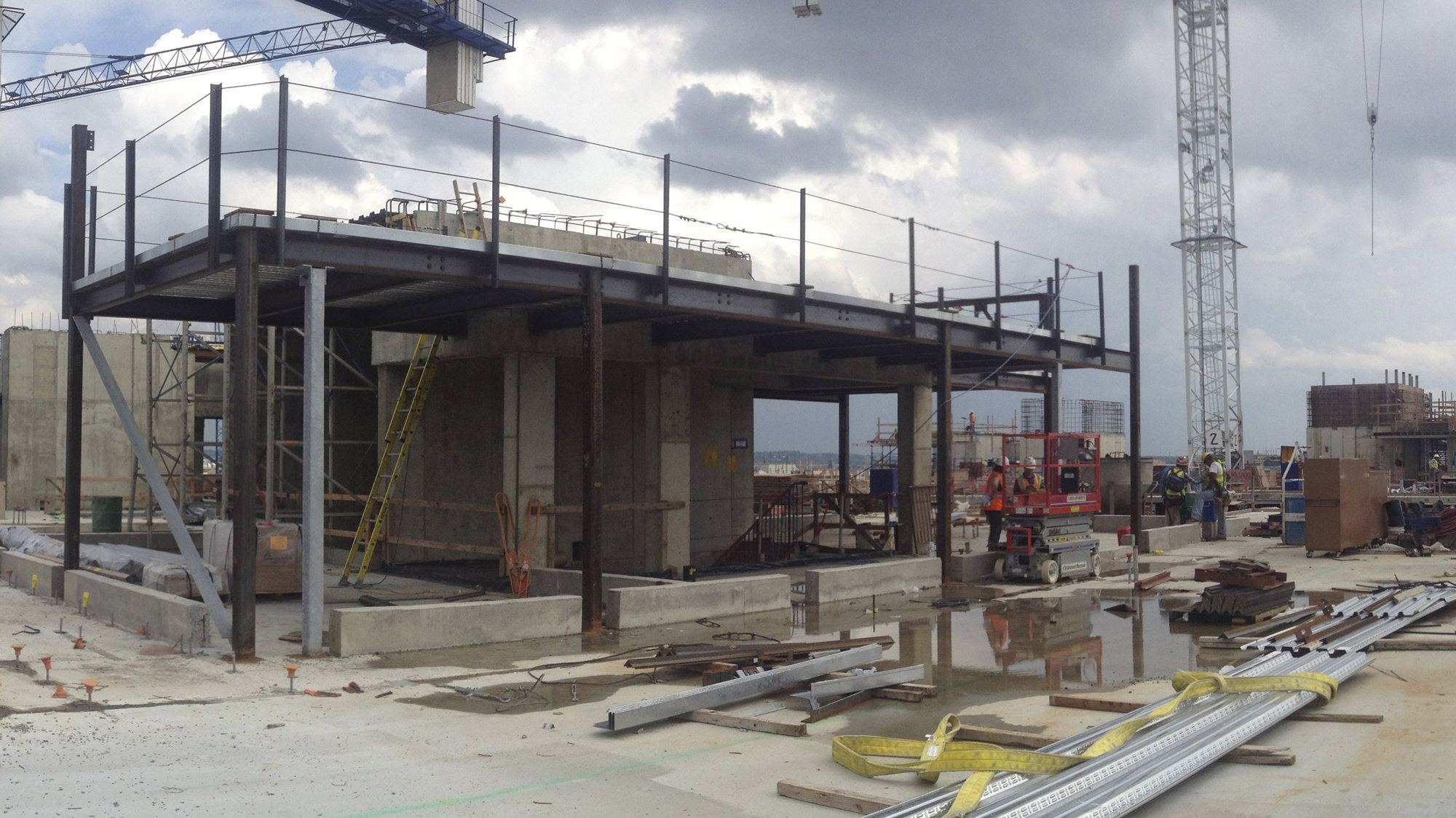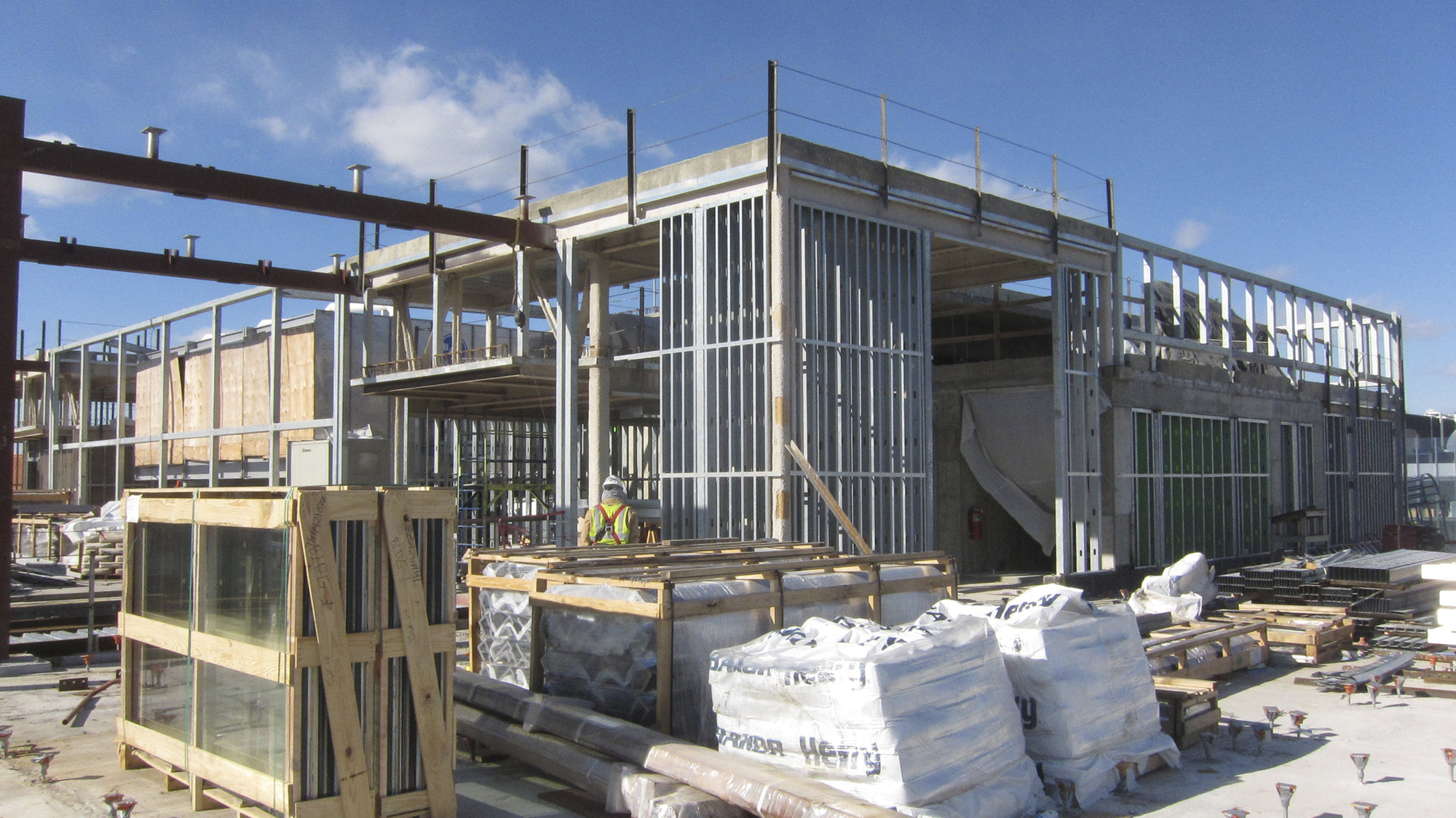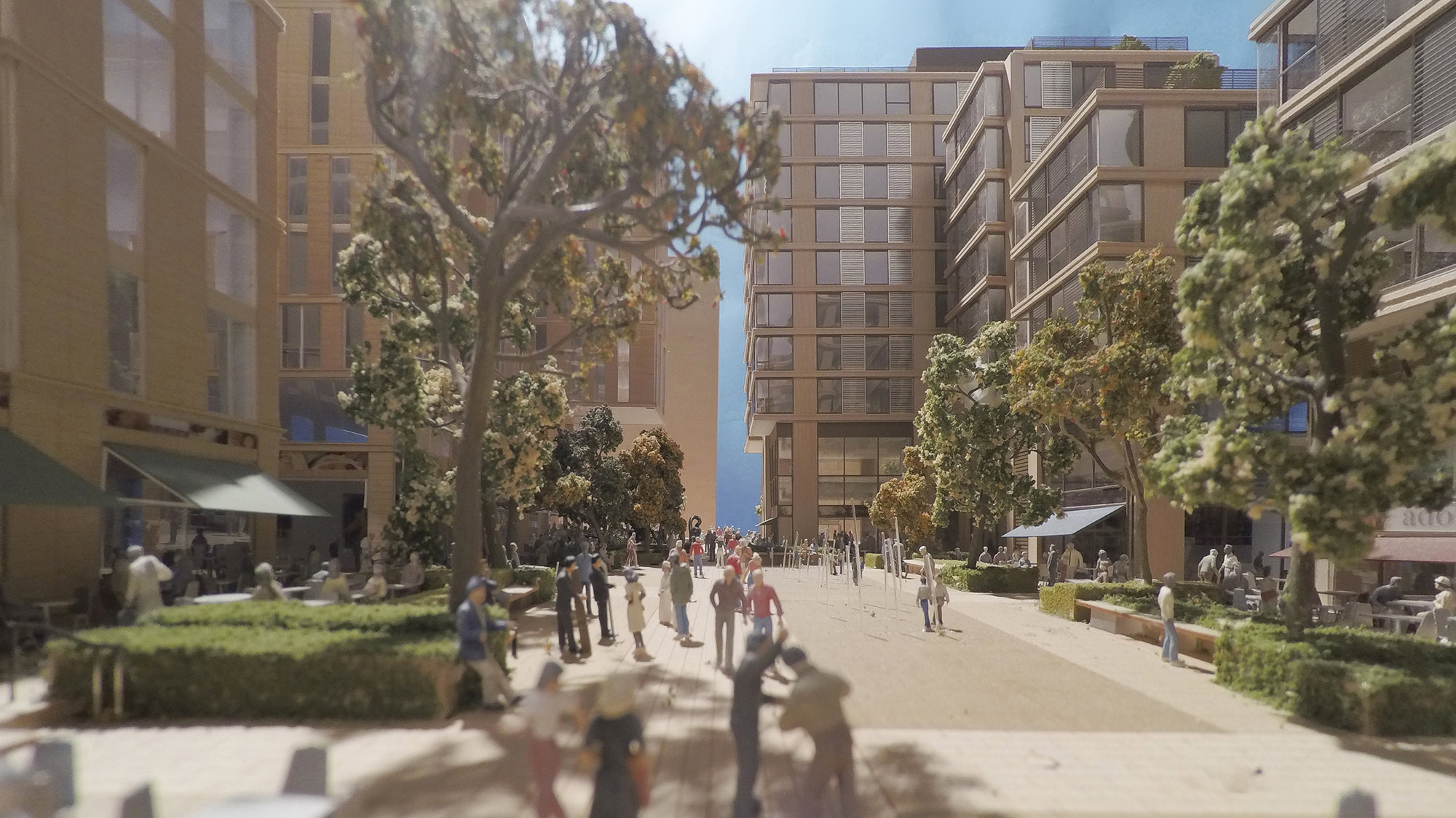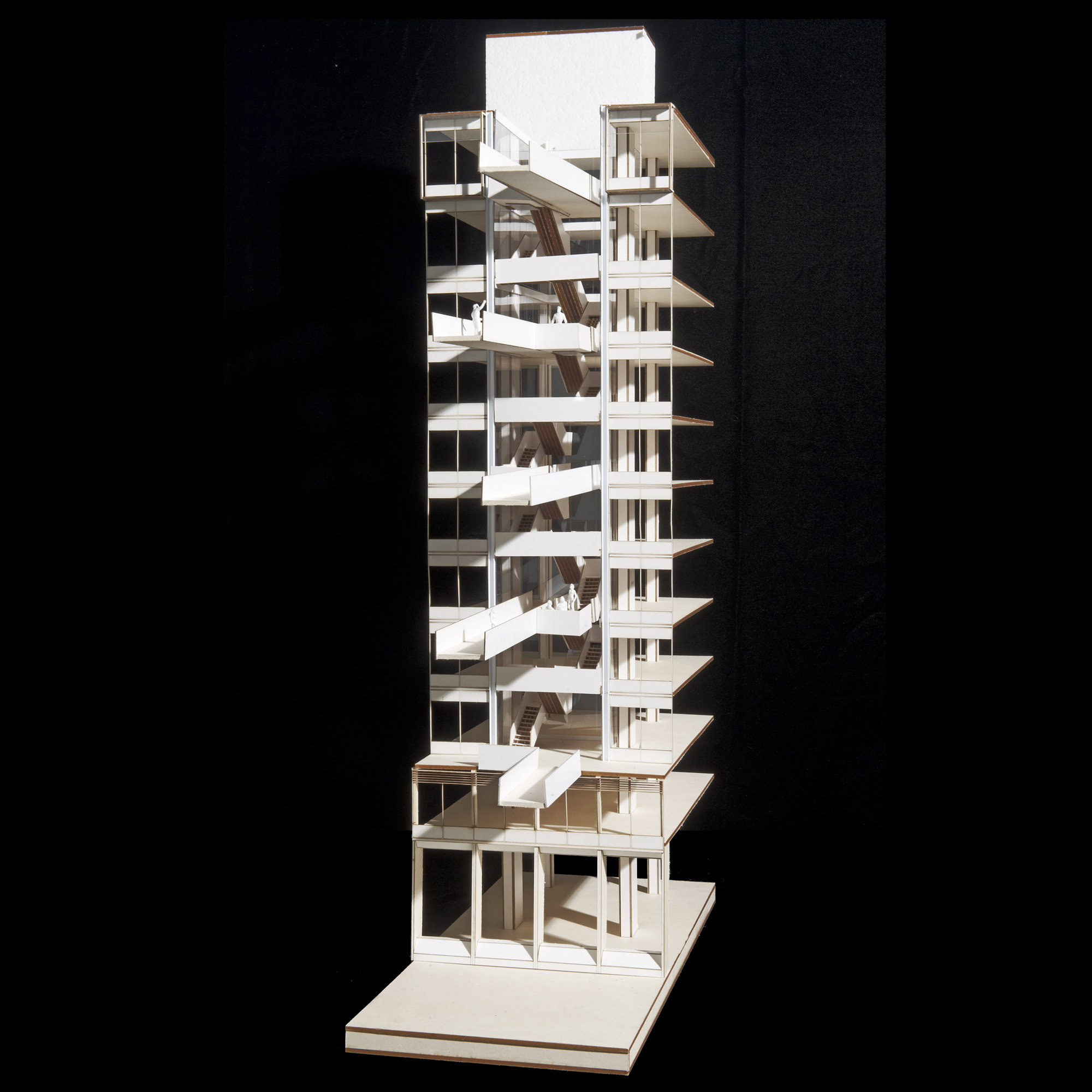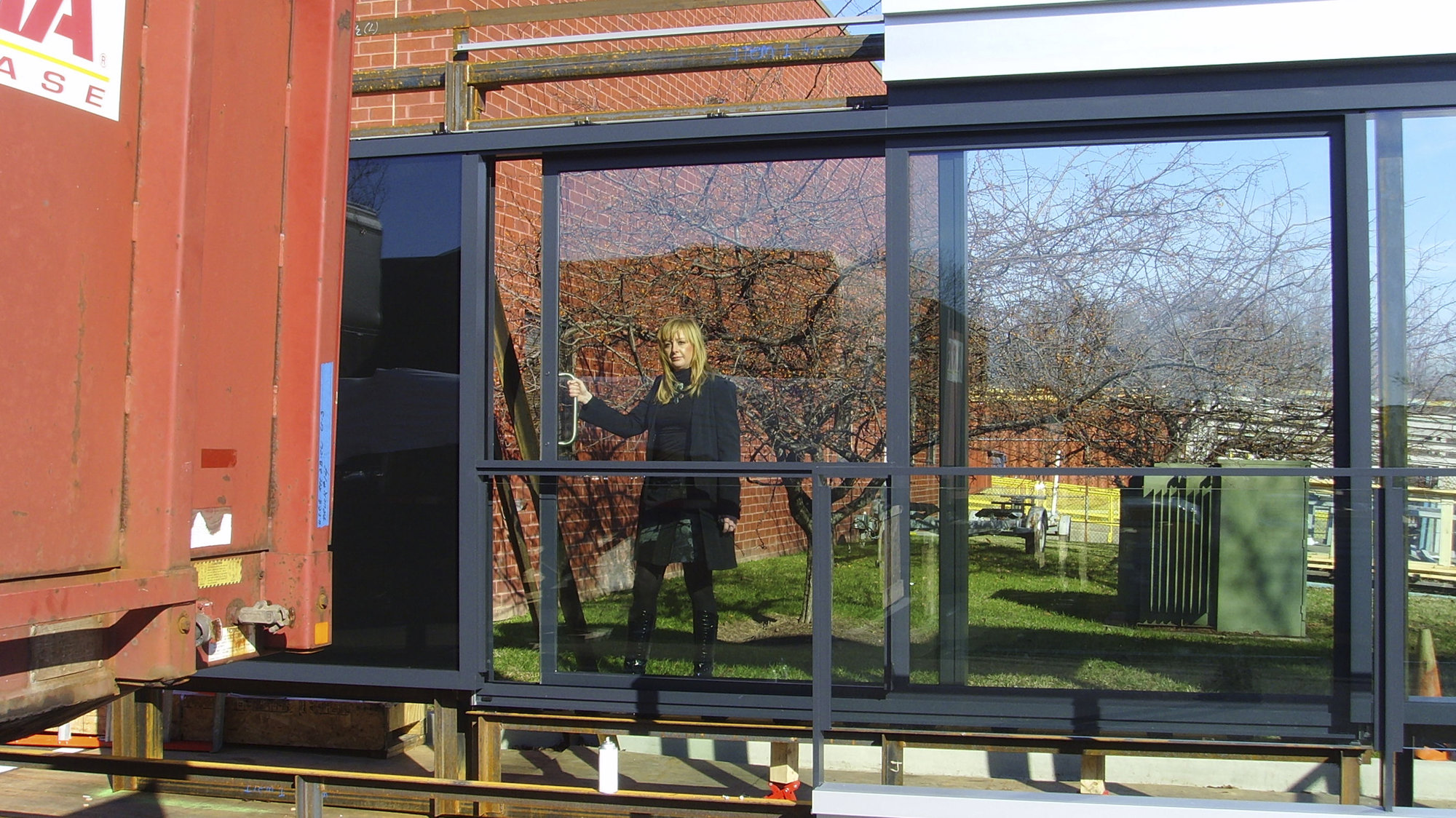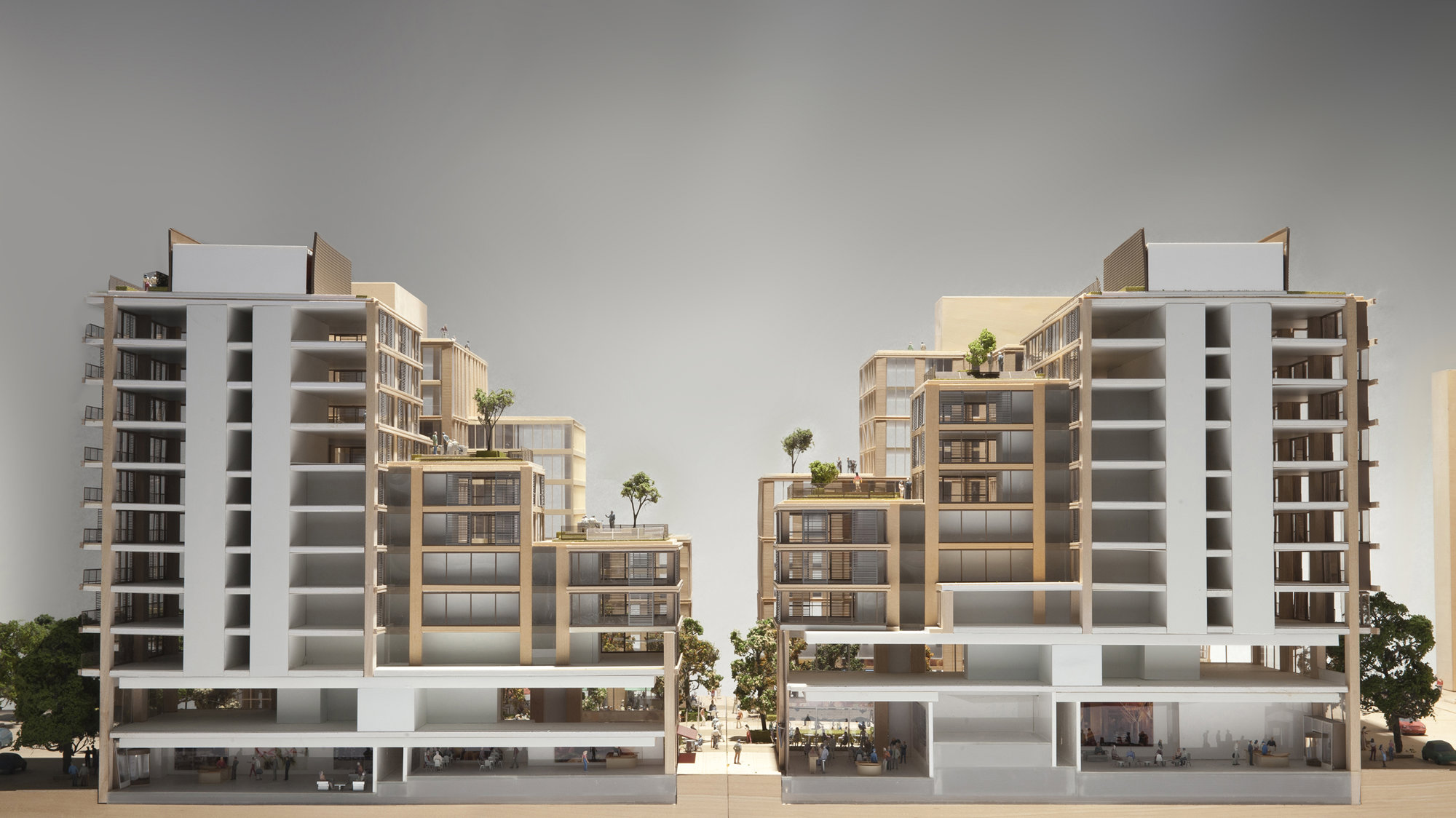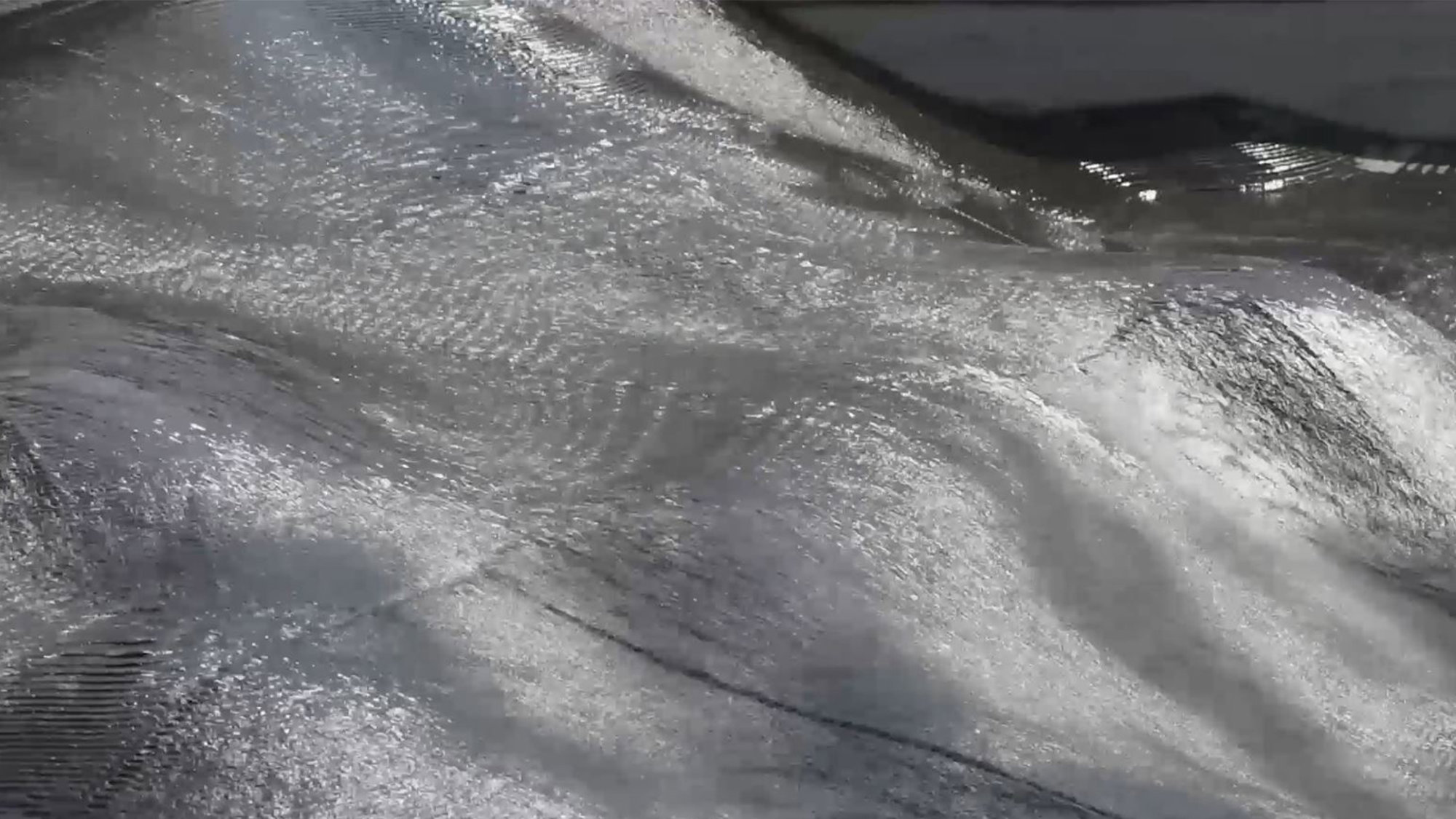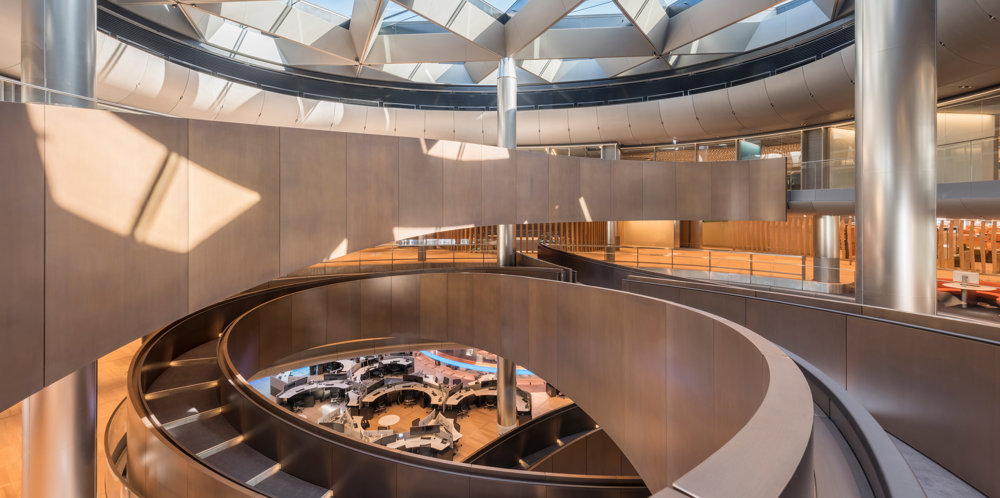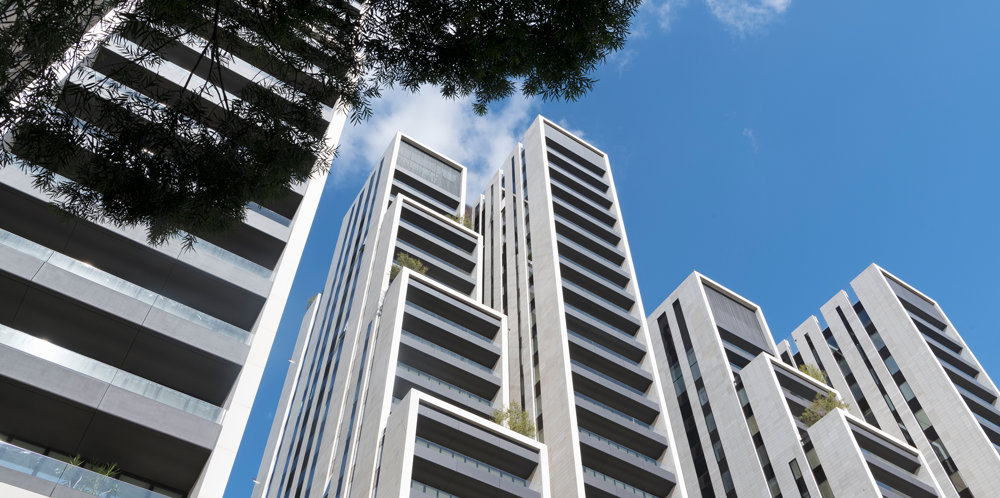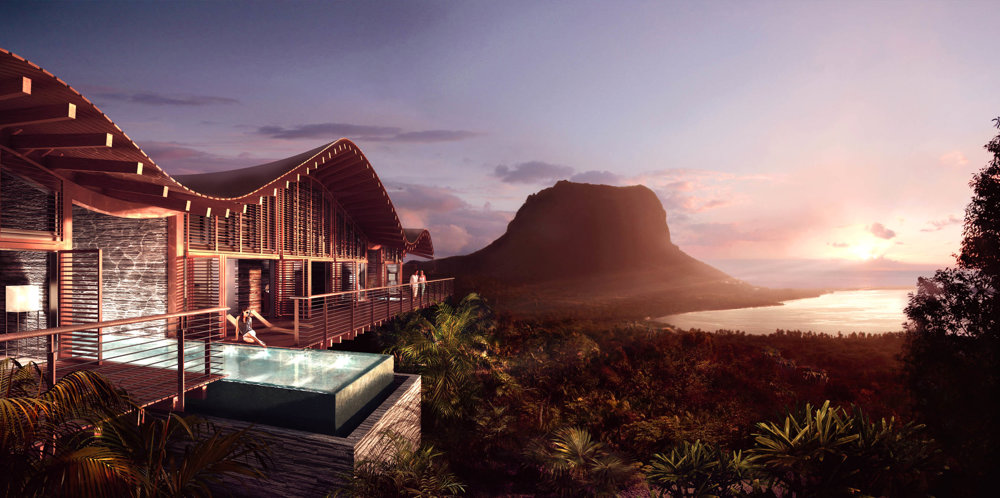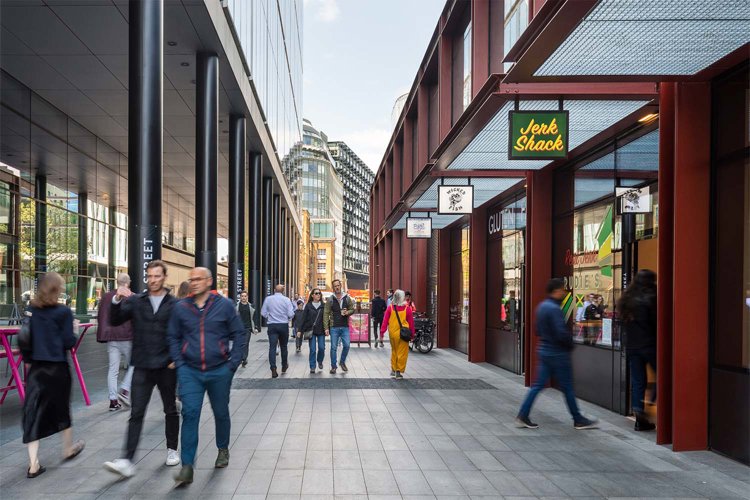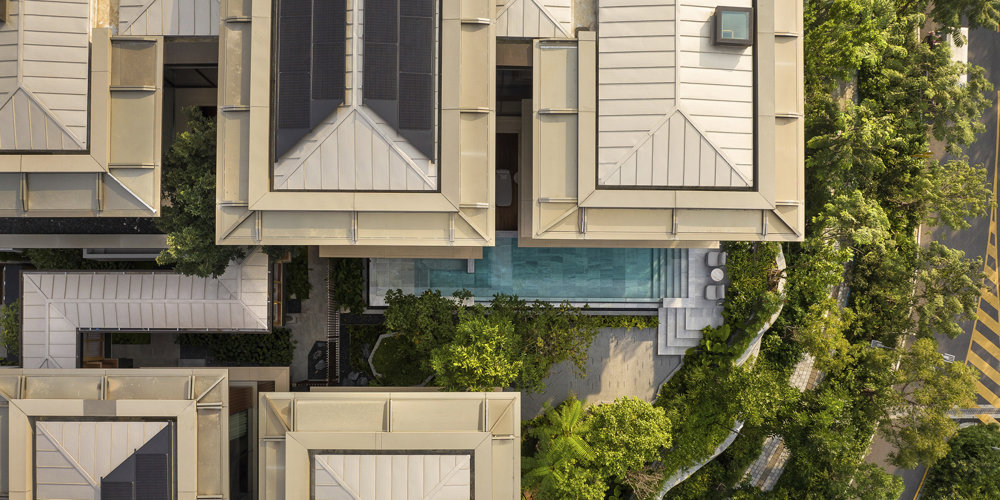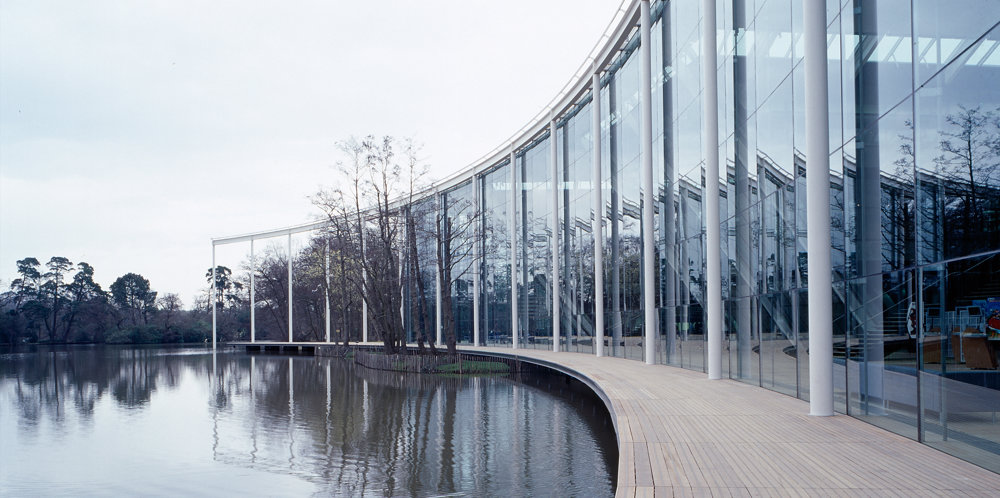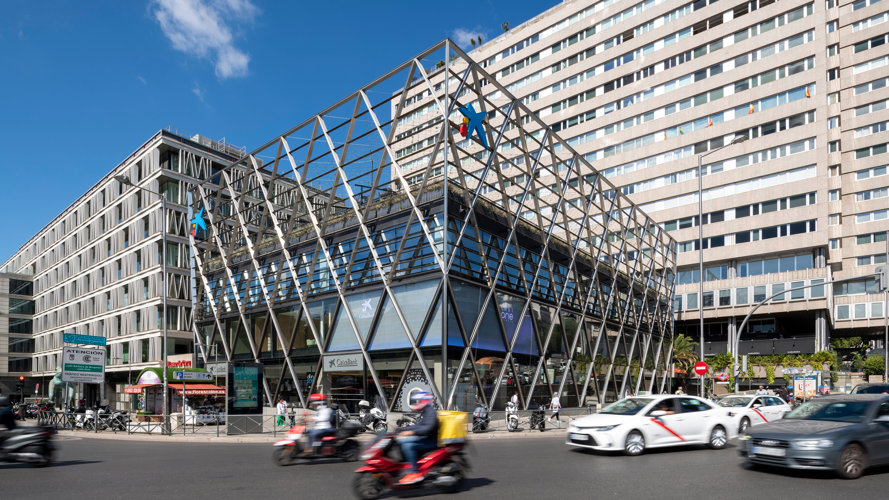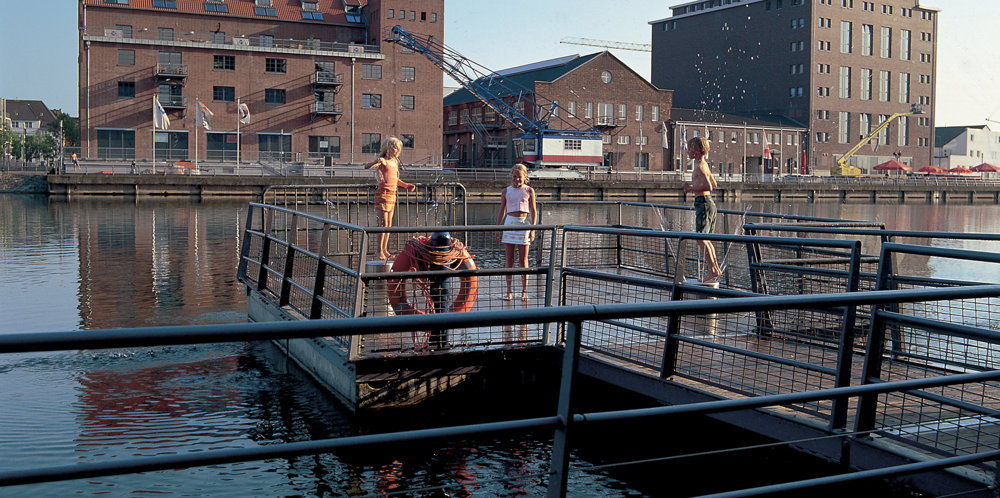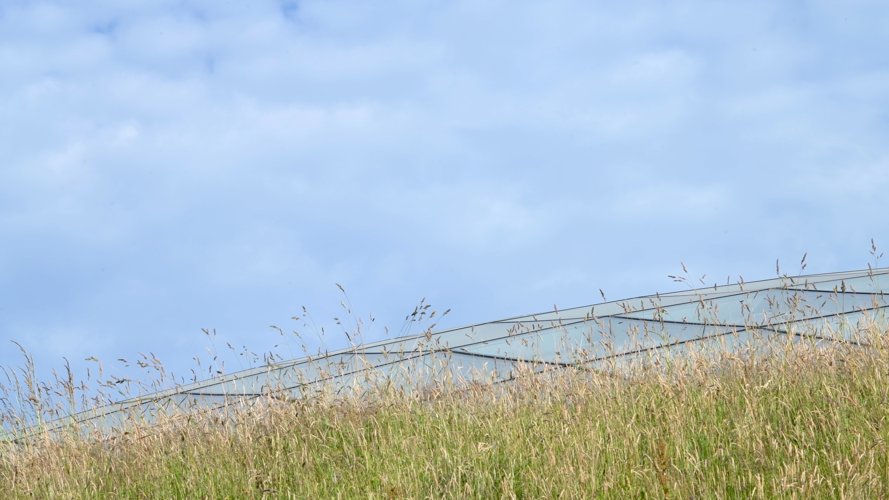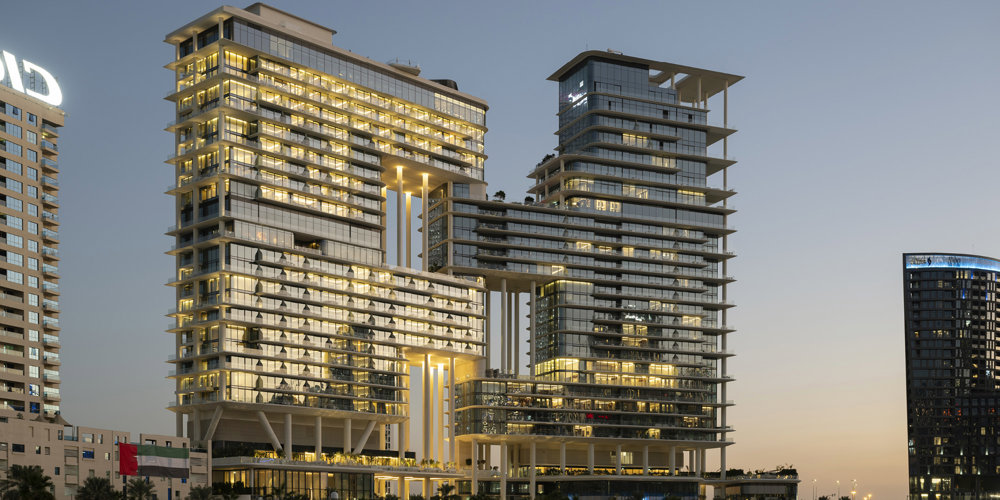The 12-acre site of the former Washington Convention Center occupies a strategic position in the East End of downtown Washington, bordering the main city axis of New York Avenue with views towards the White House. Previously enclosed by a single, vast structure, Foster + Partners masterplan breaks the site down into smaller, pedestrian blocks that bridge new connections between diverse downtown communities: the historic and predominantly residential neighbourhoods to the north, and the mainly commercial office developments to the south. Drawing inspiration from European street patterns, which break the existing grid system, the scheme reinstates and expands the original 18th century alleyways that run between the blocks. The tree-lined avenues, complete with classic Washington ‘globe’ street lights, are re-planted with local species to integrate seamlessly with the historic context.
Foster + Partners has designed four buildings within the mixed-use scheme, which brings together offices, condominiums, restaurants and shops. Designed to be human-scaled in contrast with the imposing scale that characterises the surrounding area, the buildings step down from ten storeys at the perimeter of the site to frame a central plaza, a civic focus where the streets and pathways converge. The gateway to the plaza is a glass ‘jewel box’ containing two elevators, which provides a kinetic landmark for the scheme. The gateway features a dramatic large-scale LED installation on the walls and soffit. Further extending the public realm, a park in the north-west corner of the site includes a landscaped pool and fountains, and is intersected by diagonal pathways, which echo the pattern of alleyways through the development.
The high-density, mixed-use scheme is designed to bring everything together, creating a low-carbon, pedestrian friendly quarter. Designed to achieve LEED gold rating, the landscape, office and apartment buildings are oriented according to the pattern of the sun and incorporate green roofs to absorb water for recycling – the scheme aims to recycle 100 percent of the water used on site. Many of the apartments feature generous balconies and terraces, which are individually designed by Catherine Gustafson, and are oriented to maximise daylight and passive environmental benefits. Significantly, the project has drawn on the skills of the studio’s integrated team, involving engineers, project management and design groups from the outset.
